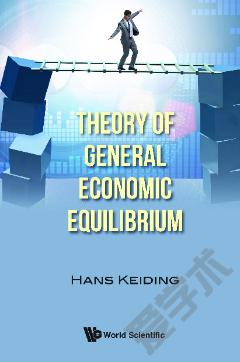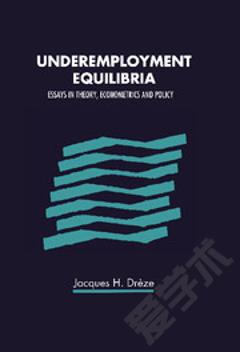Full Industry Equilibrium: A Theory of the Industrial Long Run
This highly original book develops a systematic zero-net-profit comparative statics theory of the firm that challenges many widely held views in microeconomics. It builds a bridge between the marginalist long-run theory of the firm and Sraffian theory to create a unified theoretical framework that explains how firms react to exogenous shocks resulting in new equilibrium positions of the whole economy. The central message of the book is that too often economists expect more from the microeconomic laws of input demand and output supply than they can really give. The authors show that the zero-net-profit condition requires a more articulated analysis that sometimes yields qualitative results contrary to those of familiar economic laws. Written for academic researchers and graduate students, the book will be of particular interest to those working on the microeconomics of industry equilibrium, comparative statics and Sraffian economics.
{{comment.content}}








 京公网安备 11010802027623号
京公网安备 11010802027623号